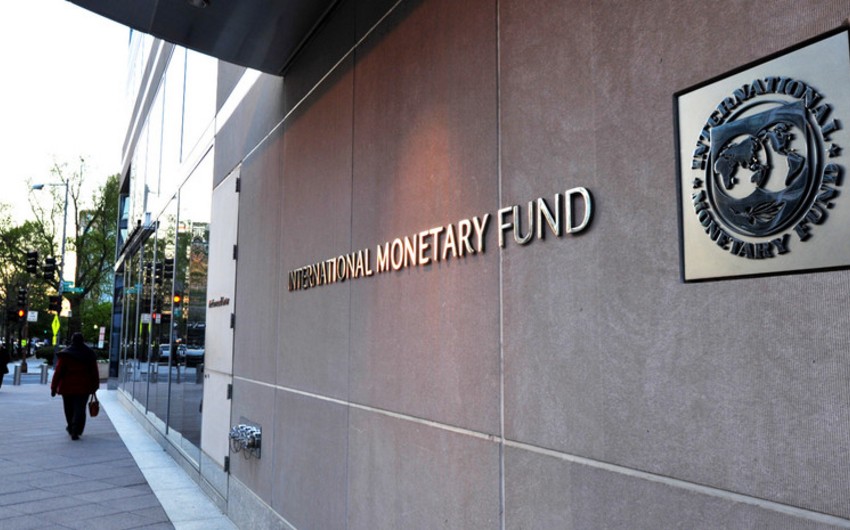Governments should continue to reduce budget deficits despite their desire to support households in the face of rising energy and food prices, according to the Fiscal Monitor of the International Monetary Fund (IMF), Report informs.
Global government debt is projected to be 91 percent of GDP in 2022, which is about 7.5 percentage points above the prepandemic levels.
The debt burden of many developed and developing countries has declined from the peaks of 2020 against the backdrop of narrowing budget deficits following the removal of emergency stimulus, and also thanks to the recovery of economic growth, but the cost of debt service will rise in the wake of rate hikes by global central banks trying to curb the inflation, the report said.
At the same time, the sharp rise in food and energy prices has increased pressure on government budgets, the IMF notes.
“Countries have implemented new measures, including price subsidies, tax cuts, and cash transfers, to help households. In most countries, the announced measures cost more than 0.5 percent of GDP (excluding existing subsidies) reflecting in part insufficient targeting. Low-income developing countries have incurred the highest relative cost for new food-related measures,” reads the report.
The IMF believes that governments should limit budget spending, taking targeted measures to help only the most vulnerable segments of the population, while continuing to reduce budget deficits. Otherwise, they risk fueling the inflation that central banks are trying to contain.
“Prioritizing policies and programs is increasingly vital as governments operate within tighter budgets. Top priorities are to ensure everyone has access to affordable food and to protect low-income households from rising inflation.”
According to the IMF forecast, published on October 11, global GDP will grow by 3.2% in 2022 and by 2.7% in 2023.


 https://static.report.az/photo/351ace0f-64b7-3826-8418-dee357384f6c.jpg
https://static.report.az/photo/351ace0f-64b7-3826-8418-dee357384f6c.jpg

